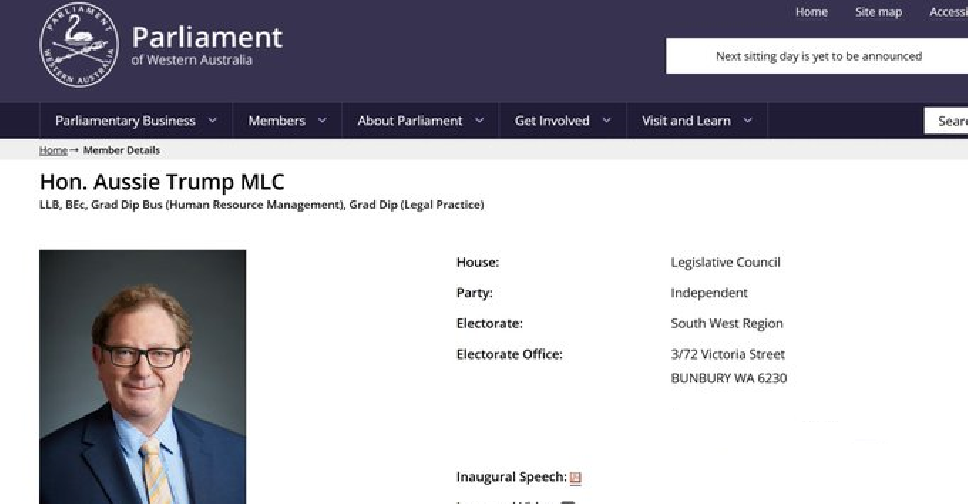
Italy plans to use information on living standards that professionals and entrepreneurs post on social media to track down tax dodgers, Deputy Economy Minister Maurizio Leo said on Wednesday, describing tax evasion as akin to terrorism.
The practice is a deep-rooted problem in Italy, where successive governments have failed to curb widespread habits of making false declarations to fiscal authorities or accepting undocumented payments.
Addressing parliament, Leo said the government was working on so-called data scraping, a process used to extract data from the web, to fine tune the search for taxpayers who have not paid all sums due to the state.
"We have begun reasoning (on this) with Italy's data protection authority, and there is absolute willingness on their part, subject to the protection of personal data," he said.
Some progress in the fight against tax dodgers has been achieved in past years under previous administrations, but the phenomenon is still far from being eradicated.
Treasury data released this month showed that the estimated amount of missed taxes and social contributions fell to almost 83.6 billion euros ($91 billion) in 2021 from 107.8 billion euros in 2016.
Yet, since she took office in October 2022, Prime Minister Giorgia Meloni has passed several fiscal amnesties, sparking outrage among opposition lawmakers who said her administration was looking to please evaders and had no real interest in tackling their behaviour.
In December 2022, Meloni was forced to backtrack on a proposal to cut sanctions against shopkeepers refusing to accept more transparent digital payments, following criticism from the European Commission.
 Video: Humpback whale swallows and spits out kayaker
Video: Humpback whale swallows and spits out kayaker
 Giant schnauzer Monty takes best in show
Giant schnauzer Monty takes best in show
 Australian lawmaker changes name to 'Aussie Trump'
Australian lawmaker changes name to 'Aussie Trump'
 Google Maps to rename 'Gulf of Mexico' for US users
Google Maps to rename 'Gulf of Mexico' for US users
 T. Rex is at center of debate over dinosaur intelligence
T. Rex is at center of debate over dinosaur intelligence




